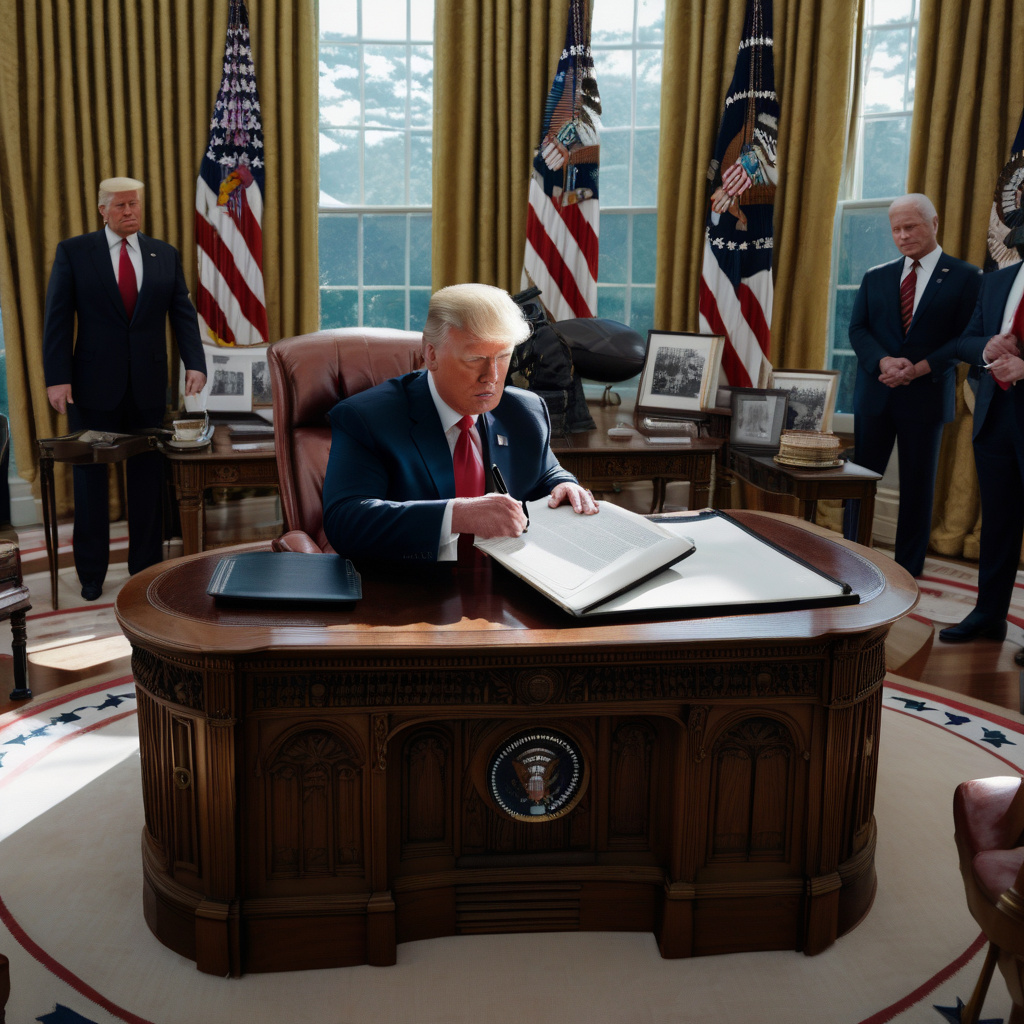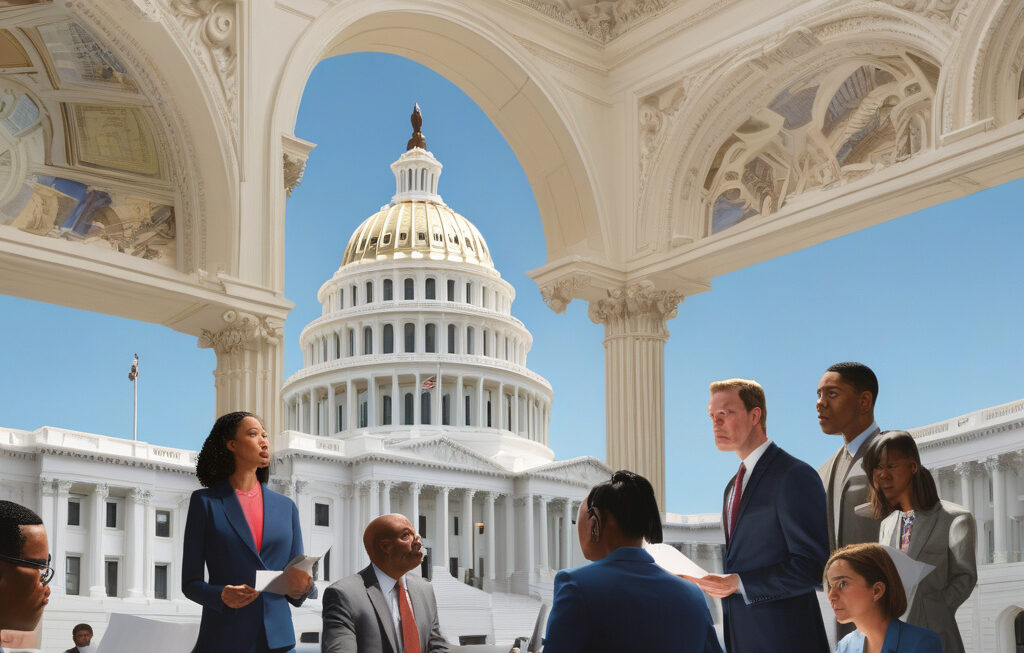Trump Signs Resolution to Reverse DeFi Tax Reporting Rule
In a significant turn of events for the DeFi industry, former President Donald Trump has signed a resolution to reverse the controversial IRS rule that aimed to enforce crypto tax compliance. The rule, which faced intense backlash from the DeFi sector, particularly due to its technical challenges, has now been overturned, marking a pivotal moment in the regulation of decentralized finance.
The Internal Revenue Service’s rule, introduced to ensure that individuals and entities operating within the cryptocurrency space report their transactions for tax purposes, met fierce resistance from the DeFi community. Decentralized finance, a rapidly growing sector within the broader cryptocurrency industry, operates on principles of transparency, autonomy, and efficiency. The IRS rule, with its stringent reporting requirements and potential implications for user privacy and security, posed a direct threat to the fundamental values of DeFi.
One of the primary concerns raised by DeFi advocates was the impracticality of implementing the IRS rule within decentralized platforms. Unlike centralized exchanges, where transaction data is readily accessible and can be reported with relative ease, DeFi protocols operate in a trustless, peer-to-peer manner, making traditional tax reporting mechanisms challenging to enforce. The complex nature of smart contracts, automated protocols, and liquidity pools within DeFi ecosystems further exacerbated the difficulties of complying with the IRS requirements.
Moreover, the enforcement of the IRS rule threatened to stifle innovation and hinder the growth of the DeFi industry. By imposing additional regulatory burdens and compliance costs on DeFi projects, the rule could have deterred developers, investors, and users from participating in this burgeoning sector. Given the transformative potential of decentralized finance to democratize access to financial services, promote financial inclusion, and drive innovation in the crypto space, many argued that stifling DeFi through onerous tax reporting requirements would be counterproductive.
The reversal of the IRS rule represents a significant victory for the DeFi community and underscores the importance of engaging with regulators to develop sensible and effective policies that support innovation while addressing legitimate concerns around tax compliance. By recognizing the unique characteristics of decentralized finance and the challenges associated with applying traditional regulatory frameworks to this novel industry, policymakers can foster an environment that encourages growth, investment, and development within the DeFi space.
Moving forward, it will be crucial for regulators, lawmakers, and industry stakeholders to collaborate on shaping regulatory frameworks that strike a balance between promoting innovation and ensuring compliance with tax laws. By engaging in constructive dialogue, identifying common goals, and exploring innovative solutions, the DeFi industry and regulatory authorities can work together to create a sustainable and thriving ecosystem that benefits all participants.
As the DeFi sector continues to evolve and expand, navigating the complex interplay between innovation, regulation, and compliance will remain a key challenge. By learning from the lessons of the past and embracing a collaborative approach to policy development, the DeFi industry can chart a course towards a more inclusive, transparent, and prosperous future.
#DeFi, #IRS, #Crypto, #Regulation, #Innovation












